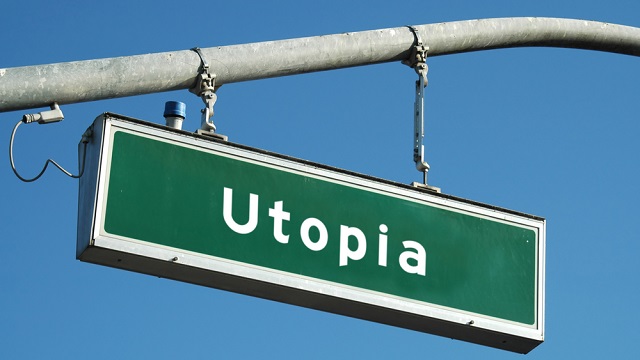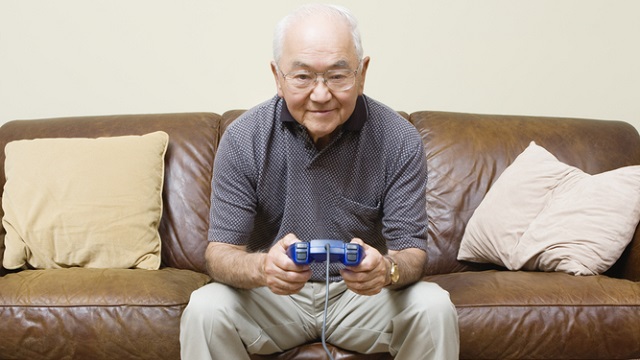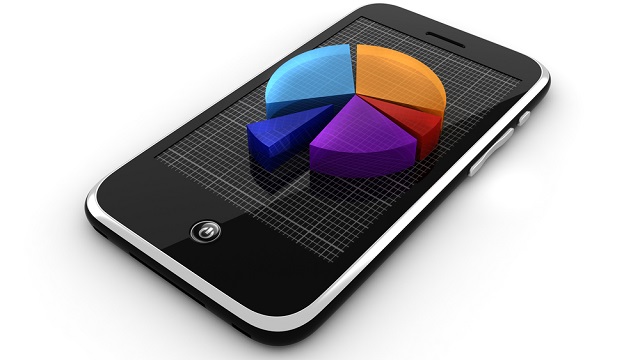Technology & Innovation
All Stories
The FDA admits that restricting the sale of caffeinated products would be difficult to enforce and would likely provoke an emotional reaction from people who love their caffeine the way the NRA loves guns.
Since 2003, a group of experts has been working to connect computers and the Internet to the vast majority of Asia-Pacific residents who lack proficiency in English. The impact of their efforts is just now starting to be seen.
According to NASA officials and other experts, meeting President Barack Obama’s directive will require clearing some significant technological hurdles.
A group of hobbyists has embarked on a project that involves inserting synthetic DNA into plants to turn them into light sources. Needless to say, environmentalists are concerned.
With a new ad campaign, the children’s charity may be one of the first of its kind to openly challenge social media participants.
Possibly…if the success of a Kickstarter campaign for the NPR/PRI show “Planet Money” is any indication. However, some say that it’s just a more modern way of how things have always been done.
While it’s not the first attempt to bring writers and researchers together for brainstorming, the Hieroglyph project’s focus is on producing aspirational outcomes at a time when darker fictional futures are in the spotlight.
At a recent event, a Qualcomm executive demonstrated how scattering small cellular base stations among homes in a neighborhood could provide users with stronger signals and more efficient data transmission.
While the move is clearly meant to attract investment, mostly from Chinese investors with recently acquired fortunes, the rights a country supplies its citizens has not traditionally been for sale.
As the stock market continues to rise and rise, what are we to make of a booming Wall Street when many other economic sectors are still suffering the letdown of the financial crash?
A dual-track system of getting a higher education while working is helping Germany keep youthful unemployment at about eight percent, far lower than southern European states like Spain and Greece.
University of Iowa researchers found that test subjects who played a particular video game for at least 10 hours exhibited a delay in cognitive processing loss by several years.
If, as a new study claims, they can be clustered along specific routes and set for certain times of the day, home deliveries are much more environmentally friendly than individual trips to the store.
A single Eyefly 3D protector contains 500,000 tiny lenses — each the size of a single pixel — that create the illusion of depth by sending separate display data to each eye.
The online commerce giant eBay is considering accepting the virtual currency Bitcoin. The retailer would use its Paypal payments network to exchange the currency online for goods and services.
National governments are increasingly less likely to collect personal data on identification cards because they will soon simply purchase your personal information from companies.
While technology companies once focused on simple biological gestures to operate electronic products, today they are working to harness the power of the mind to alter physical realities.
The use of algorithms to find patterns in massive amounts of data, executing trading decision based upon the frequency of certain keywords across millions and millions of messages, is becoming more frequent.
Our global society has entered a period of accelerated change, and these changes are reshaping entire industries, economic models and institutions. Our blind spot comes from the fact that we […]
While the Chinese economy is said to have kept the world afloat through the latest economic crises, reformers have also pressured China to cultivate a more consumer-oriented economy.
It is neither the case that there are too few programmers in America (programmer unemployment currently sits at an all-time high) nor is the education system failing to teach the necessary skills.
Even professional poker players who have spent careers mastering an expressionless face, no matter how high the stakes, are apt to indicate the quality of their hand to their opponents.
The latest attempt to redesign the traditional typewriter keyboard layout takes into account the way many tablet users hold their devices: with thumbs facing inward.
The Digital Public Library of America launched last week with an ambitious goal: To provide online access to content from as many libraries’ archives as possible for free.
In the 43 years since Earth Day was first observed, the number of Americans who view conscious environmentalism as “very important” has dropped by almost a quarter, according to a new poll.
In a push against a “buy-toss-buy” consumer culture, a group of residents in one German city get together once a month to fix broken household items. It’s an example of the slowly-growing “hackerspace” movement.
Swiss novelist Rolf Dobelli has been making waves with a new work of nonfiction called The Art of Thinking Clearly in which he criticizes the news media for poisoning our brains with ever more novelty.
The extraordinary amounts of information available on individuals has led to a new discipline that one expert says represents the future of human resources management.
Writer Farhad Manjoo argues that systematic surveillance in cities that are terrorist targets may be the simplest and best way to improve security. Besides, he says, it’s not like we’re not being watched already.
Now that technology allows more people to work pretty much anywhere and at any time, what does that mean for 21st-century city planners and urban designers?





























